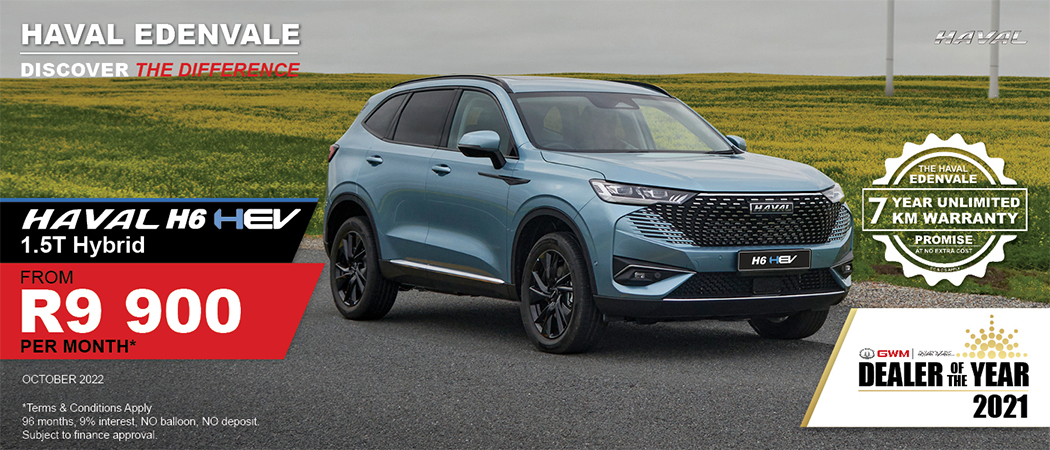In November 2017, Global NCAP partnered with the Automobile Association to launch the “Safer Cars for Africa” campaign in South Africa, releasing independent crash-test results of five budget vehicles. Now the two have teamed up again, this time evaluating four popular local vehicles … including a zero-star bakkie.
The vehicles crash tested this time round were the Nissan NP300 Hardbody, Hyundai i20, Kia Picanto and Toyota Yaris. Global NCAP says it chose the entry-level version of each model, with the results highlighting “significant differences in the structural integrity of the vehicles tested”. All four are very popular vehicles on local shores, with the NP300 featuring in October's list of 10 best-selling bakkies, and the Yaris and Picanto making it onto the table of October's 10 best-selling passenger vehicles (and the i20 only just missing out).
According to the two organisations, the four vehicles tested show a “wide range of safety performance”, from zero to three stars for adult protection, with the SA-built Nissan NP300 Hardbody scoring the lowest ratings which “result in a high probability of life-threatening injury in a crash”.

Global NCAP said the Nissan NP300 Hardbody (click each vehicle name to view the full results) scored zero after exhibiting “poor adult occupant protection mainly in the driver head and chest areas in the frontal crash test at 64 km/h”. The vehicle structure “collapsed” and it was rated as “unstable”. The steering column, meanwhile, did not collapse, penetrating the passenger compartment and “creating an additional risk for the driver as it moved straight into the dummy chest”.
This performance showed a “significant risk of injuries” for the driver despite the car being equipped with dual front airbags. Indeed, even with an airbag, Global NCAP said the driver’s head and chest showed “high bio-mechanical readings”. The bakkie achieved two stars for child occupant protection, mainly explained by the decision of the manufacturer “to install one of the child seats without following child-seat manufacturer clear instructions”.
Collins Khumalo, CEO of the AA of South Africa, said "there should be no zero-rated vehicles on our roads".
“What these results show is that three vehicles priced lower than the Nissan produced three-star ratings for adult occupancy, indicating that safety does not have to be tied to price. They also emphasise that cars may not be what they seem based purely on looks and descriptions, and that until many more vehicles are tested, this issue may be a much bigger problem throughout Africa than we originally believed,” Khumalo said.
David Ward, secretary general of Global NCAP, added that the Nissan bakkie's results were "shockingly bad".
"It is astonishing that a global company like Nissan can produce a car today as poorly engineered as this. The NP300 Hardbody is ridiculously misnamed as its body shell has collapsed. Nissan also claim the car benefits from a so called 'safety shield', but this is grossly misleading. Our test shows that the occupant compartment completely fails to absorb the energy of the crash resulting in a high risk of fatality or serious injury," Ward said.
The Toyota Yaris, meanwhile, achieved a three-star rating for adult occupant protection in the frontal crash test at 64 km/h. Still, the vehicle structure was rated as “unstable” and offered “marginal to good” general adult occupant protection. The car provides seat belt reminders (and pretensioners) for both front seats. Using the child seats recommended by Toyota, the Yaris achieved a three-star rating for child occupant protection.
The Hyundai i20 also returned a three-star rating for adult occupant protection, with the vehicle structure and footwell area rated as “unstable”. The protection levels ranged from “marginal to good” for adult occupants. The hatchback offers seatbelt pretensioners for both front seats and a seatbelt reminder for the driver. Using the child seats recommended by Hyundai, the i20 achieved a two-star rating for child occupant protection (with limited protection offered to the three-year-old dummy and a lack of Isofix points). Global NCAP says the i20 structure is different to that of the European model, while safety equipment in SA does not include the electronic stability control, side airbags and curtain airbags offered standard in Europe.
And the Kia Picanto? Well, this model also achieved a three-star rating for adult occupant protection, with its structure rated as “stable” (although the footwell area was “unstable”). The vehicle offers seatbelt pretensioners for both front seats and seat-belt reminder for the driver only. Using the child seats recommended by the Korean brand, the Picanto scored two stars for child protection (the Isofix anchors detached during the test).
Watch the crash-test videos below...
Original article from Car





